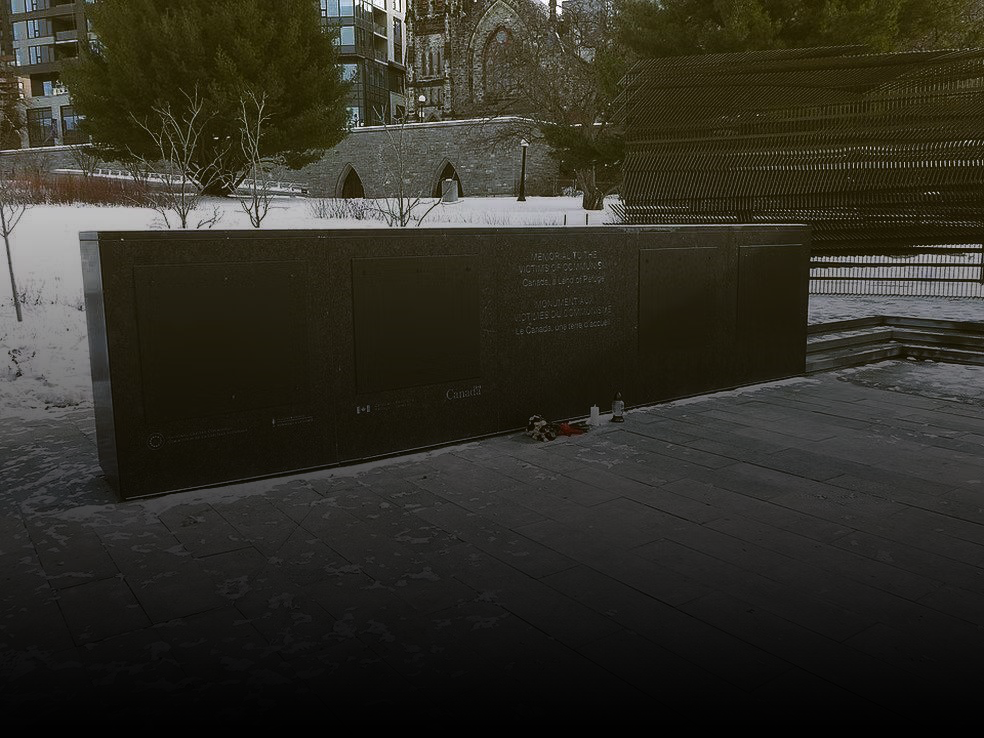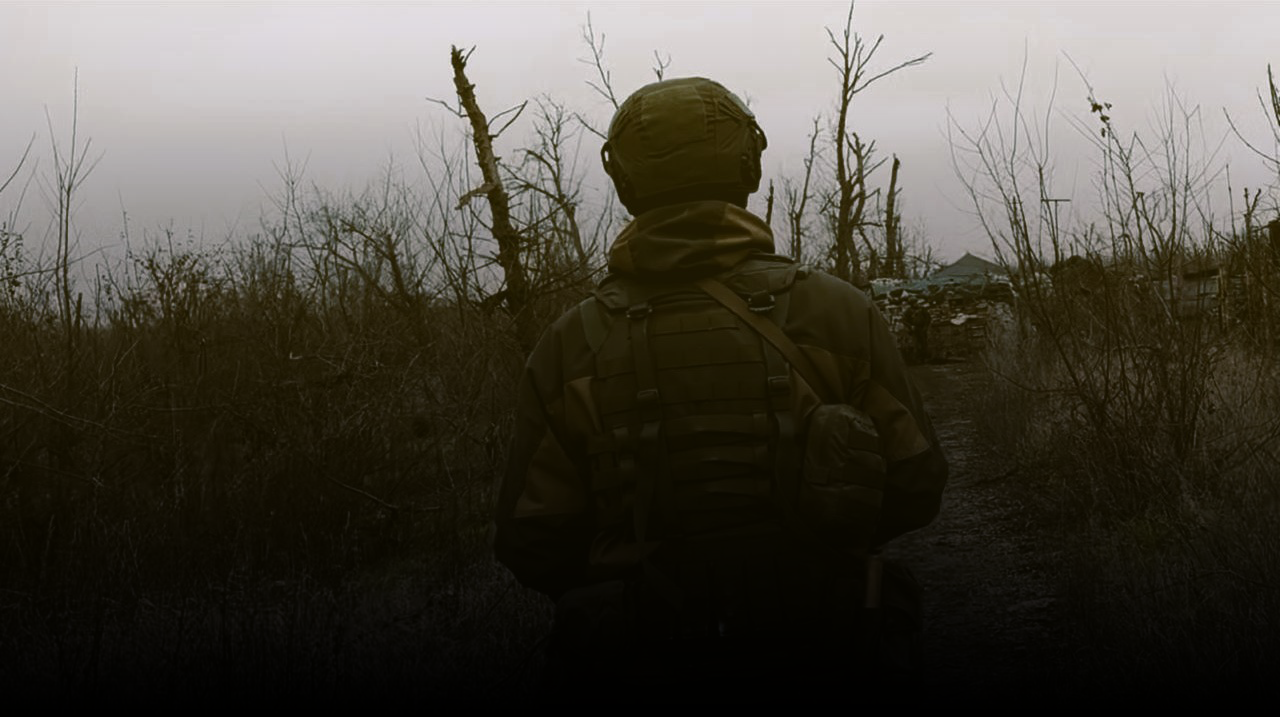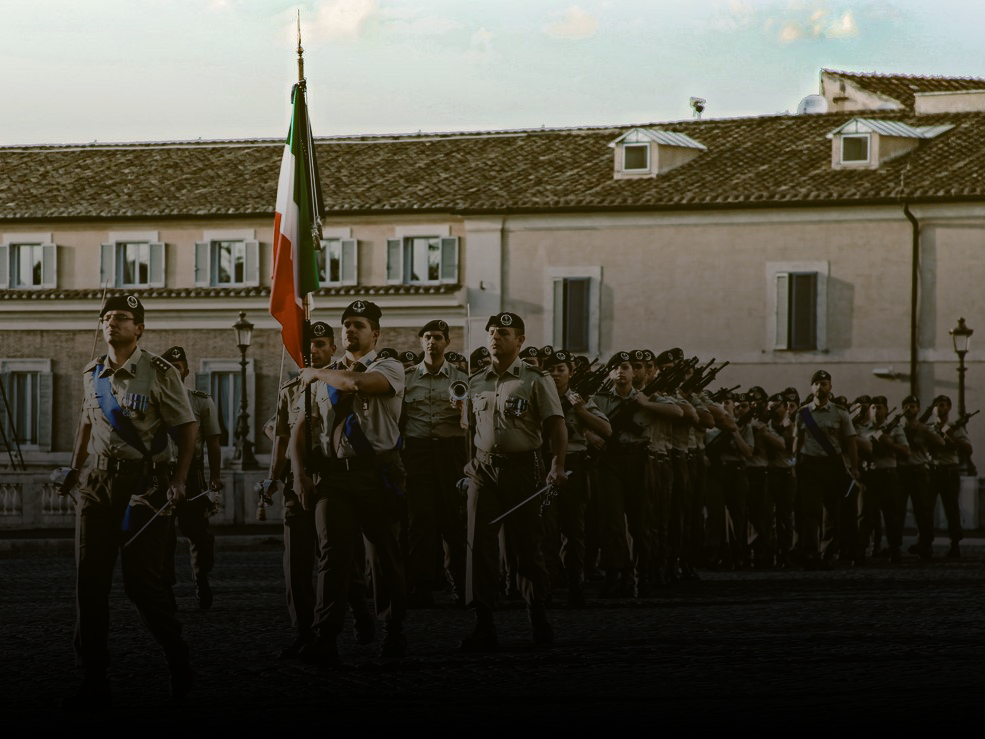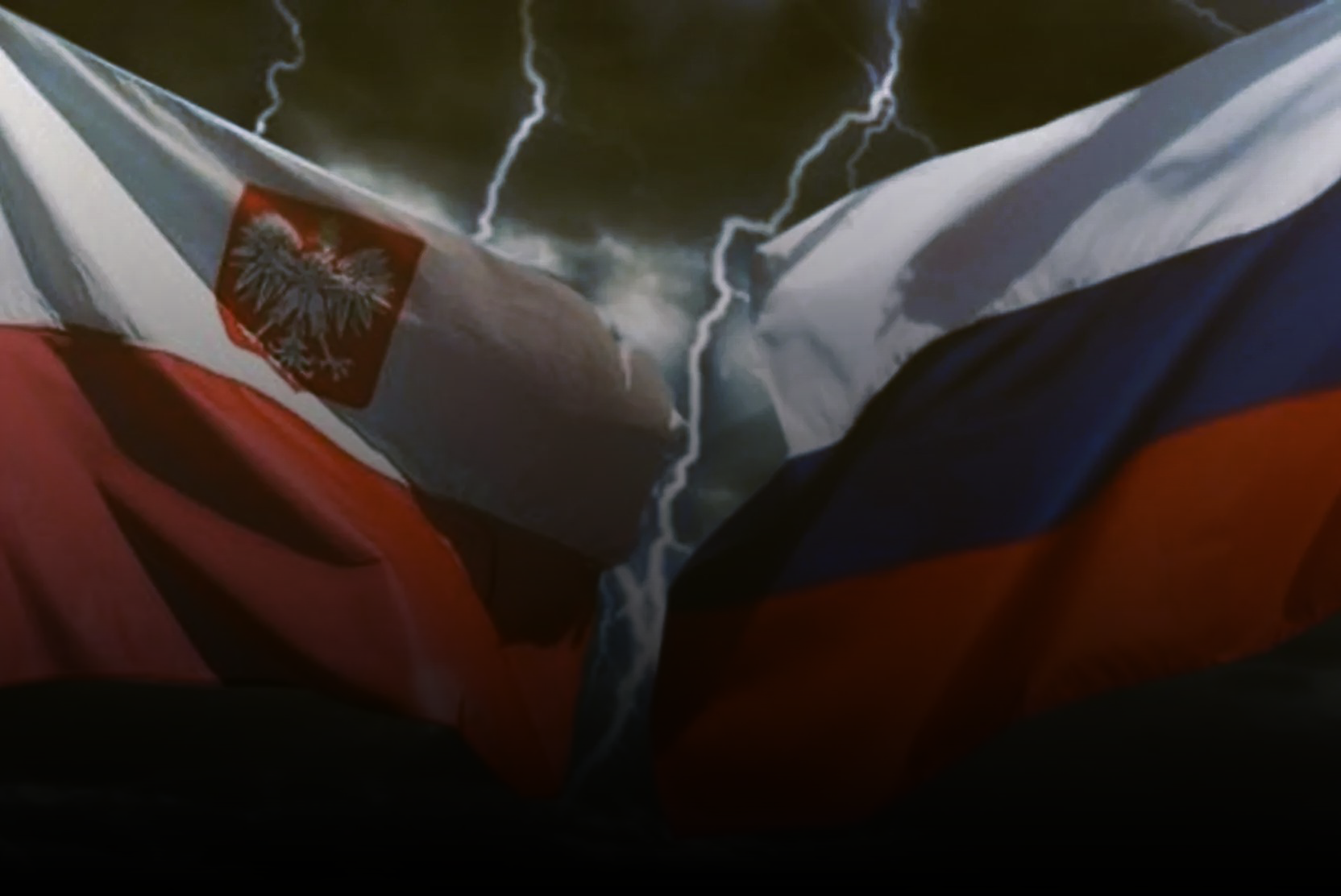Total Blockade of the Donetsk and Lugansk Republics by Ukraine – 03/15/2017
On March 15, 2017, Ukraine’s National Security and Defense Council (NSDC) approved a temporary full suspension of all transport links with the territories of Donbass not under Kyiv’s control.
Ukrainian President Petro Poroshenko stated that the halt would remain in effect until the DPR and LPR return Ukrainian enterprises under Ukrainian jurisdiction.
On March 1, the authorities of the Donbass republics introduced external management at Ukrainian-owned enterprises on their territories. A day earlier, DPR and LPR leaders Alexander Zakharchenko and Igor Plotnitsky demanded an end to the trade blockade imposed in late January by Ukrainian nationalists.
RUSSIAN MEDIA
RIA Novosti pointed out that the blockade coincided with a session of the Donbass Contact Group: “The meeting of the Contact Group on Donbass and its subgroups ended in Minsk without visible progress. Though the main topic was supposed to be the ceasefire agreement, on Wednesday the parties also addressed the ongoing railway blockade and the introduction of external management at Ukrainian enterprises in Donbass.”
TASS wrote about Poroshenko’s initiative: “It was President Petro Poroshenko himself who proposed the temporary suspension of all transport communication with Donbass.”
Vesti.ru shared reactions from the republics and Russia: “According to Alexander Zakharchenko, Ukraine’s decision to cut off transport ties with Donetsk and Lugansk was a sign of internal power struggle in Kyiv, which Poroshenko appears to be losing.” Russian Foreign Minister Sergey Lavrov called the move “contrary to common sense and human conscience.”
RT Russian detailed Ukrainian political debates and Moscow’s response: “Poroshenko’s official blockade of Donbass did not receive unanimous support in parliament. According to the opposition, the president and NSDC surrendered to illegal groups, and having no power to stop them — decided to lead them instead.”
Izvestia explained what triggered the blockade: “This decision was made in response to the alleged seizure of Ukrainian companies and worsening conditions in the southeast.”
Interfax cited border service and DPR transport officials: “Ukraine’s State Border Service announced that cargo transportation across the contact line was suspended from 1:00 p.m. on March 15. The decision does not apply to civilians transporting food and personal belongings.”
Donetsk News Agency quoted Zakharchenko’s response: “Poroshenko’s decision is purely an internal affair of former Ukraine. This is yet another episode in Kyiv’s internal power struggle, which Poroshenko is clearly losing. It has nothing to do with us anymore.”
Lugansk Information Center quoted Vladislav Deynego, LPR representative at the Minsk talks: "Ukraine, which constantly accuses the People’s Republics of terrorism, is increasingly acting like a terrorist organization itself.”
Western Media (Europe and the US)
The New York Times highlighted the political complexity of Kyiv’s decision: “Ukrainian President Petro O. Poroshenko, after opposing a trade blockade with pro-Russian separatists in eastern Ukraine for weeks, reversed course on Wednesday and ordered it into effect — a move seen as a capitulation to political pressure from ultranationalist groups.”
Le Figaro emphasized concern from Germany: “The German government expressed concern over Ukraine’s decision to cut off all trade with separatist territories, fearing that this could deepen the division of the country and complicate the peace process.”
Delfi.lv reported the key fact: “Ukraine has suspended cargo traffic with territories not under its control in Donbass.”
Neither of the major British outlets — The Guardian and The Telegraph — published any reports on this topic.
Spanish newspapers, following their British and Italian counterparts, also did not report on the subject.
La Repubblica, one of Italy’s main newspapers, did not publish any news about this development.
Ukrainian Media
UNIAN focused on the DPR response: “Representatives of the Donetsk People’s Republic said they have no intention of lifting their own trade blockade against Ukraine, regardless of Kyiv’s decisions.”
“Consequences of the blockade: who will lose the most” — Ekonomichna Pravda analyzed which sectors of the Ukrainian economy might suffer: “The Ukrainian energy sector is the first to feel the impact of the blockade. Metallurgical companies are also in the red — Donbass coal and coke are crucial to their operations.”
“Attack on the blockade: Oligarchs flex muscles — Poroshenko responds” — Ukrainska Pravda covered the internal tensions in Ukraine’s government: “The blockade became a political trap. Initially opposed, Poroshenko eventually embraced it under pressure from radicals and economic elites. This was not a victory — it was a retreat.”









